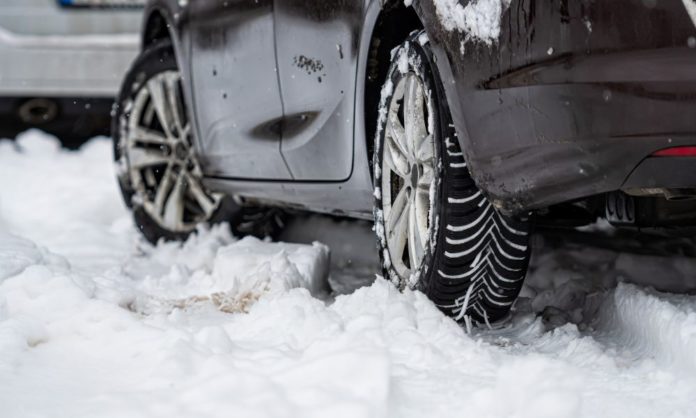Salt is the most prevalent substance people use to ensure roads remain safe in the winter when snow and ice accumulate on the ground. However, while it may help us drive better on the road, it doesn’t help the integrity of our vehicles. As college students prepare for winter, they must protect their cars from salt damage to avoid the need for repairs later.
What Does Salt Do to Your Car?
The steel in your car can corrode more quickly when road salt is present. This means anything on your vehicle that’s metal is at risk for salt damage. In fact, salt is a common cause of deterioration in car paint. When rust forms on the paint, it leads to more damage, which can end up costing you a hefty amount of money—something a college student might not be able to afford right away.
This is why protecting your vehicle from this substance is so important.
Avoid Driving Before, During, and After a Storm
While driving through a heavy storm is dangerous and unsafe, going before or after could leave your car vulnerable to the fresh salt that road crews recently put out. Especially when a major storm is coming, city or town workers will lay down more salt to help keep the roads less slick. Wait until the roads are clear and the salt has time to dissipate before heading out.
Avoid Driving Over Puddles
Puddles can build up lots of salt, especially when the snow and ice really begin to melt. These puddles are also dirty, so avoid driving over them with your car. Doing so will splash the salt water all over your vehicle. It may be fun, but it’s not worth the risk of damaging your vehicle.
Wax Your Car Before Winter Starts
Waxing your car is a great way to protect the paint before the cold weather sinks in. Do this before you leave for college. That way, you aren’t waxing in the salt after winter already starts. Also, consider sealing your undercarriage since this area will come into contact with the most salt.
Clean Your Tires Frequently
Before the beginning of winter, you should ensure your tires are clean and not bald since they provide traction on the road. Over the course of the winter, gunk, salt, and dirt will stick to the tires, which will then get kicked up into the undercarriage or other areas of your car. This will lead to unnecessary damage. So take the time to take this junk off your tires before driving your vehicle. Also, frequently clean your tires.
Protecting your car from salt damage this winter is crucial if you want to avoid ruining your vehicle or needing repairs. Just as you prepare your things for college, don’t forget to prepare your car as well. What will you do to care for your vehicle better this winter?








